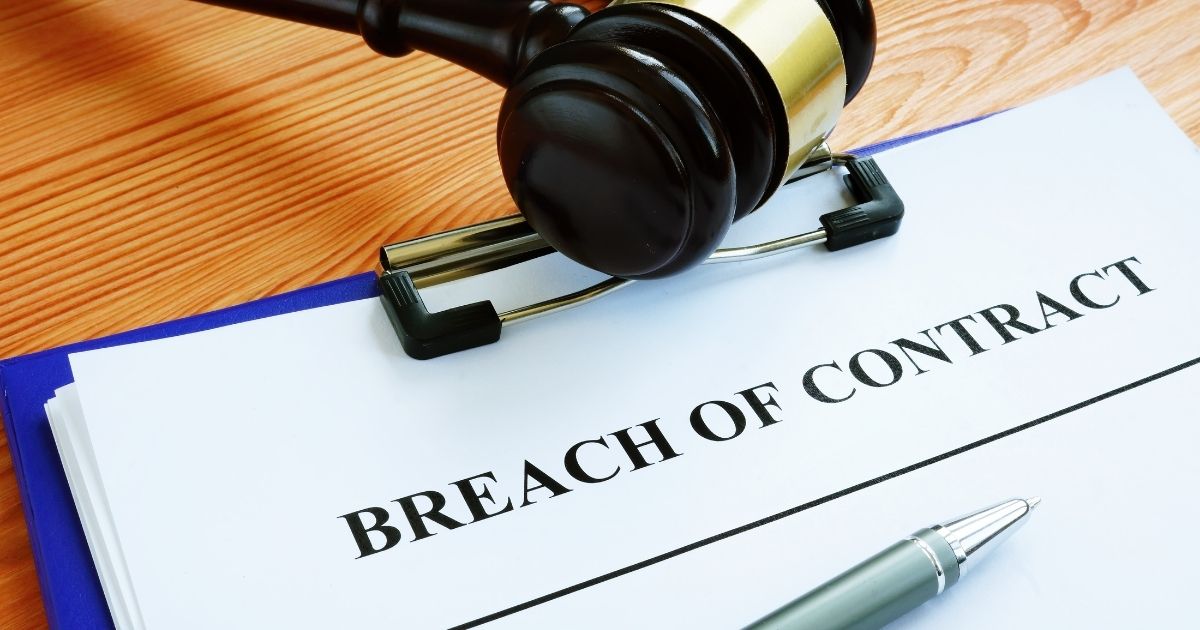Using NDAs for Employees

Businesses in any industry or of any size deserve to protect their confidential data from the hands of competitors. This information may include intellectual property, trade secrets, financial forecasts or results, sales and marketing strategies and more. One of the ways that a company may help to safeguard their proprietary information is through the use of nondisclosure agreements, or confidentiality agreements, with employees.
Having employees sign NDAs is no longer a new or unusual practice. However, as explained by the Harvard Business Review, the widespread adoption of NDAs has caused some to evaluate the necessity for them in all cases or the appropriateness of the terms or the scope. Opponents of nondisclosure agreements point to extreme cases where the terms of a contract may lead to a person being unable to keep working in their profession. This, however, is not the intention of such agreements.
Companies should ensure that their nondisclosure agreements find a good balance between protecting their business interests and enabling individual workers to pursue their ongoing career growth. The Society for Human Resource Management indicates that one way of doing this is by carefully evaluating which employees are asked to sign NDAs.
Workers who have direct access to confidential data should be first in line for entering into an NDA with their employer. Initiating these agreements upon hire is a preferred best practice. It is equally important that companies clearly define what information should be kept confidential. This definition can help prevent contracts that are too broad in scope, thereby potentially limiting their enforceability should a dispute ever arise.




 908-679-5011
908-679-5011



